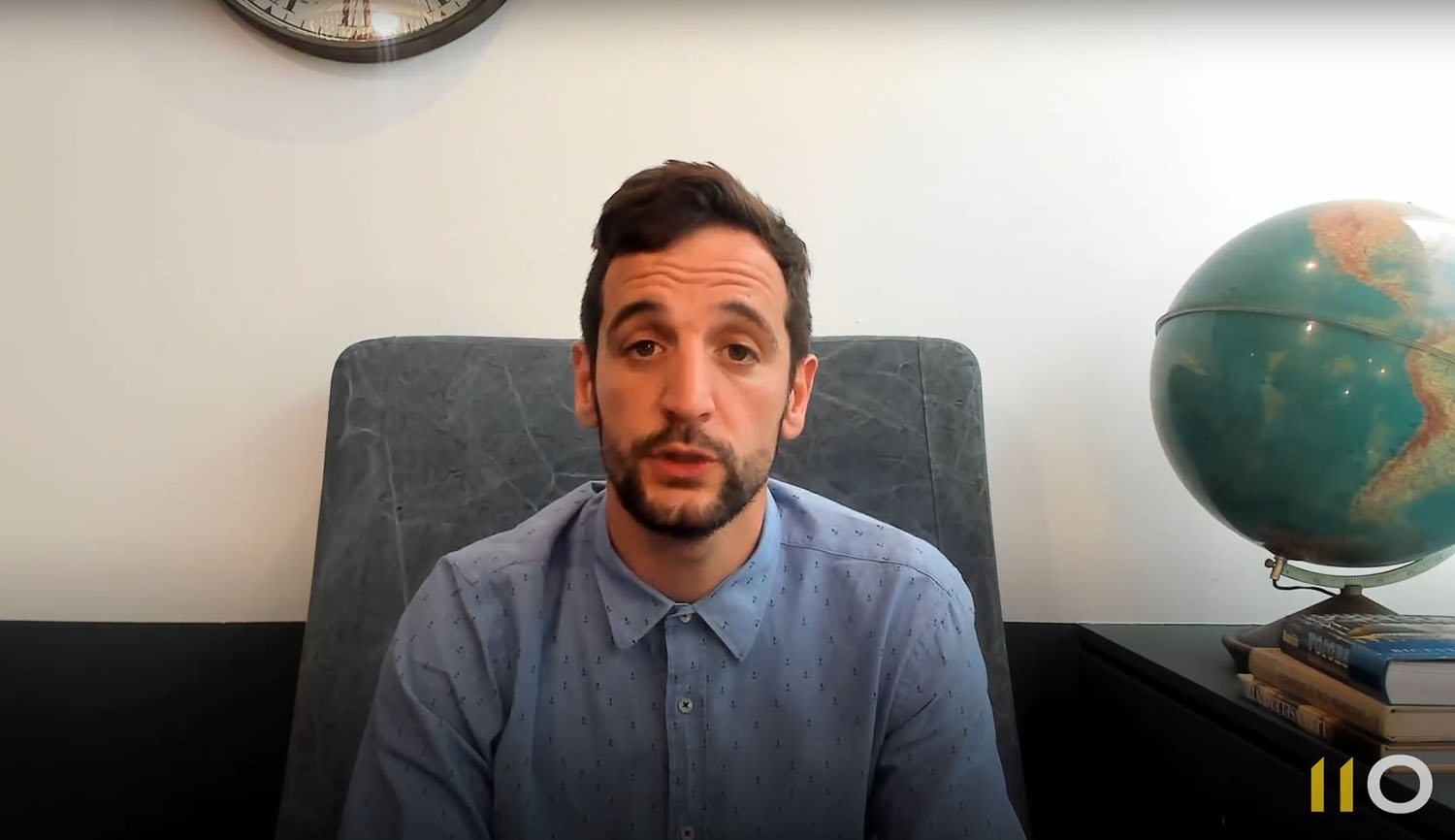

The End of Cookies
If you have ever been looking for a product on a web page and then, browsing another different page, you have seen ads related precisely to the product you were looking for, you should know that those responsible are the so-called third-party cookies.
Cookies are small text files that are downloaded to our browser every time we access a web page. They allow servers to track our activity as we browse the Internet. For example, they allow you to keep sessions active, to know which sites you have visited, how often, to remember what you put in the shopping cart, and if you have registered the usernames and passwords you use. Cookies, however, have their days numbered.
Good and bad cookies?
Despite being created for a harmless and limited purpose, for now, the list of things they can do is much more extensive and not always ethical.
Broadly speaking, we can say that there are two types of cookies:
- Own cookies, created by the website we visit. Of these, there are essential ones, such as those that serve to ensure that the content of the website is loaded efficiently, or those that allow the payment of requested goods or services.
- Third-party cookies, created by other websites. These websites are the owners of some content we see on the webpage we visit, such as ads or images.
A third-party cookie is a file that is downloaded from a website to the hard drive of our device, but which comes from a different domain than the site we are visiting.
These cookies are sent to companies (outside the web we are visiting) to personalize the advertising they offer, based on our tastes and the things that catch our attention.
In addition to making advertising increasingly invasive, third-party cookies began to directly affect users’ right to privacy, due to ignorance about the use and processing of their data. That’s why in Europe, web service providers are required to notify you that they are using cookies that contain information about you and give you the option to choose whether to accept the tracing. This is thanks to European laws, such as the General Data Protection Regulation (GDPR), the highest European standard for personal data, and above all, the new ePrivacy Regulation 2021 on the protection of privacy in the electronic communications sector, which is expected to enter into force in 2023.
Google’s plan for its Chrome browser
Google, one of the largest ad sellers in the world and owner of the most popular browser, Chrome, had been announcing since August 2019 that it was planning to make changes in order to eliminate the controverted third-party cookies, following in the footsteps of some of its competitors, such as Mozilla Firefox or Safari (Apple), which already block them by default.
Although Google had originally indicated 2022 as the deadline for doing so, it has now delayed the move until 2023, according to them, “to avoid jeopardizing the business models of web publishers that support free-access contents”.
The plan for Chrome is to remove support for third-party cookies in two stages:
- Phase 1 (from the end of 2022): Once the tests are completed and the APIs (programmable interfaces for integrating other applications) in Chrome are launched, the start of the first phase will be announced. During this first phase, publishers and the advertising industry will have time to migrate their services. This stage is expected to last nine months and Google is committed to carefully monitoring the adoption and the feedback it receives, before moving on to the second phase.
- Phase 2 (as of mid-2023): Chrome will phase out support for third-party cookies over a three-month period ending in late 2023.
There is controversy
At one time or another, everyone has been surprised by confirming that the Internet allows you to enjoy free services: social networks, e-mail, digital press, etc. But this is only possible thanks to a business model that gets its advertising revenue. And that is one aspect of the controversy. The other is the widespread concern generated by the use of our personal data by Internet giants.
According to some experts, Google’s real goal is to consolidate its control over data generation and analysis, and move towards its undisputed and almost monopolistic leadership in digital advertising (by 2020, Google’s advertising revenue was about $147,000 million, more than 81% of its total income).
There are also those who say that the reason for delaying the removal of third-party cookies by Google for another year is that the solution they are considering could be used to find out even more about Internet users.
The company admits that this implementation is subject to agreements with UK authorities. But these are not the only ones who have warned of possible problems, both for monopolistic practices and for privacy; the top data protection officials in France, Germany, and Belgium are also following in Google’s footsteps closely.
Third-party cookies may have their days numbered, and as a result, the digital marketing industry and the online advertising industry may face the biggest crisis in its history if a viable alternative is not consolidated.
11Onze is the community fintech of Catalonia. Open an account by downloading the super app El Canut for Android or iOS and join the revolution!






Gràcies per aquest article.
Moltes gràcies a tu, Manel, per ser-hi i per seguir-nos!!!
Bona informació. Moltes gràcies
Celebrem que t’hagi agradat, Jordi, i moltes gràcies per ser-hi i per seguir-nos!!!
👍
Gràcies, Joan!!!
Gràcies, molt interessant.
Gràcies a tu Carles! Benvingut a la Plaça! ☺
Gràcies David, no m’hi havia fixat ni sabía que hi hagués tans tipus de cookies
Accepto aquelles que no em deixen continuar, sinó ho faig
Moltes gràcies pel teu comentari, Alícia!!!
Jo procuro acceptar les mínimes, les que no hi ha més remei perquè sino no pots continuar.
Hola, Rosa Maria! Sí, és una bona opció! Moltes gràcies pel teu comentari.
He vist que hi ha pàgines que pots NO acceptar les galetes i d’altres t’obliguen a que les acceptis.
Hola, Jordi… Doncs si, això passa sovint. Moltes gràcies pel teu comentari.
Molt be 👍
💛
Gràcies, molt bona informació
Suposo que la majoria, la ” massa” clickem acceptar a tot perquè, què passa si clickem no les les cookies?🙏🏽
Correcte Mercè, al final, és el més fàcil i més ràpid. D’això s’aprofiten les pàgines, és més fàcil acceptar-ho tot. No ha de passar res, però tampoc està de més, saber com funcionen.
Gràcies per la informació!
A tu Miquel! Tota informació és poder! 😊
Moltíssimes gràcies David❤️
Gràcies a tu Laura, per estar sempre atenta a La Plaça💛